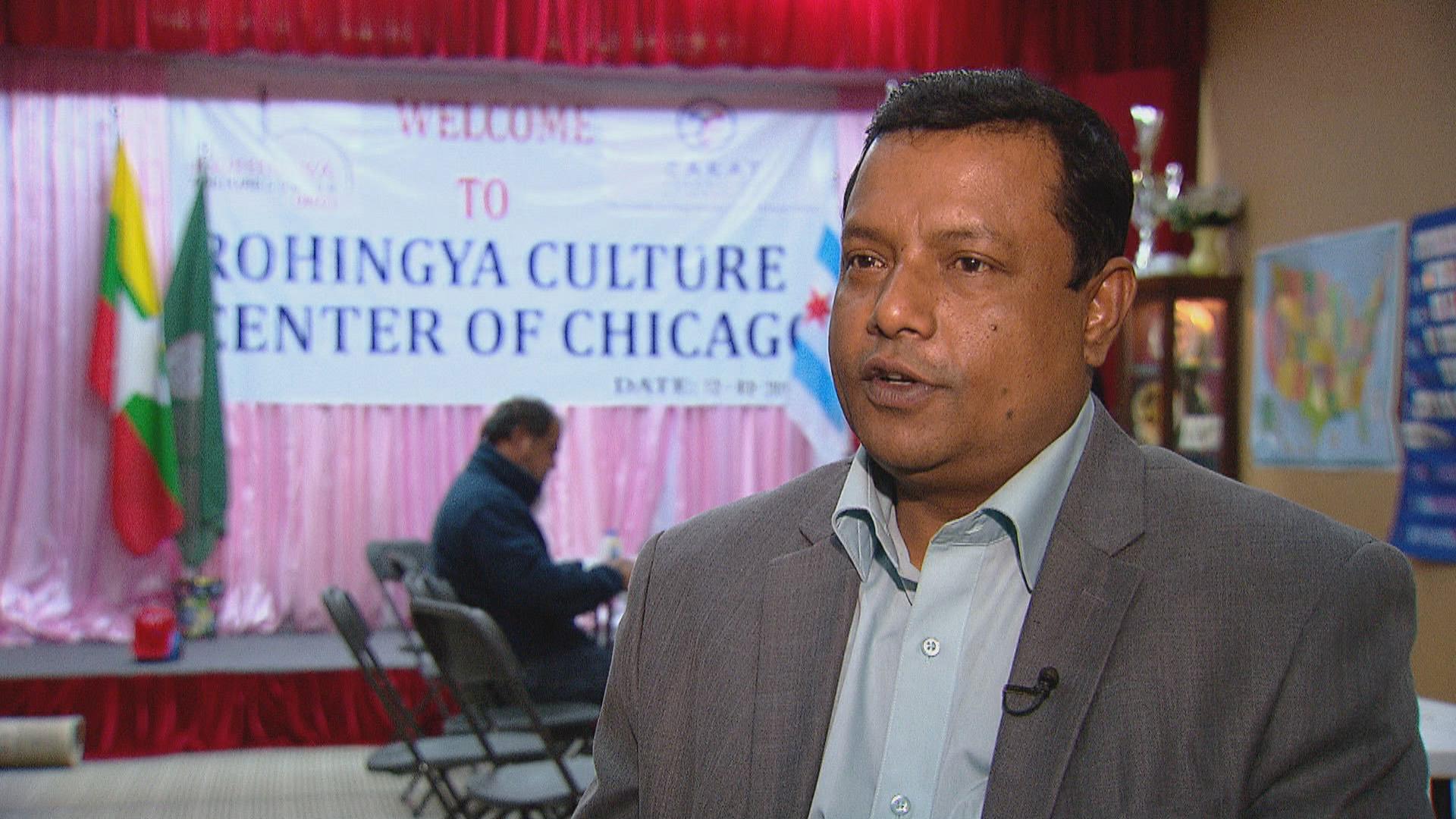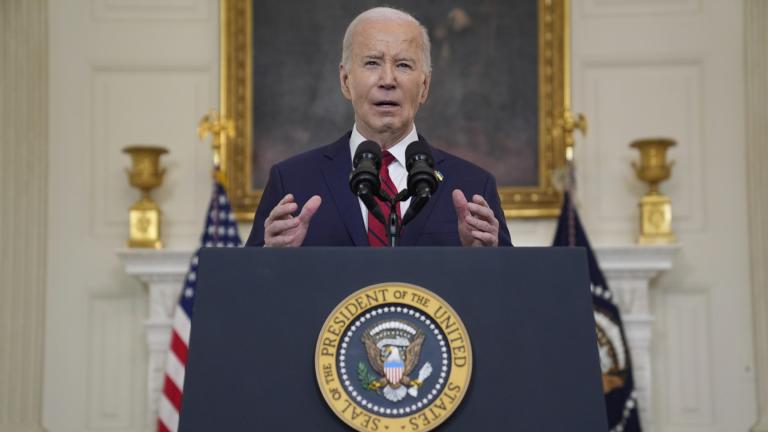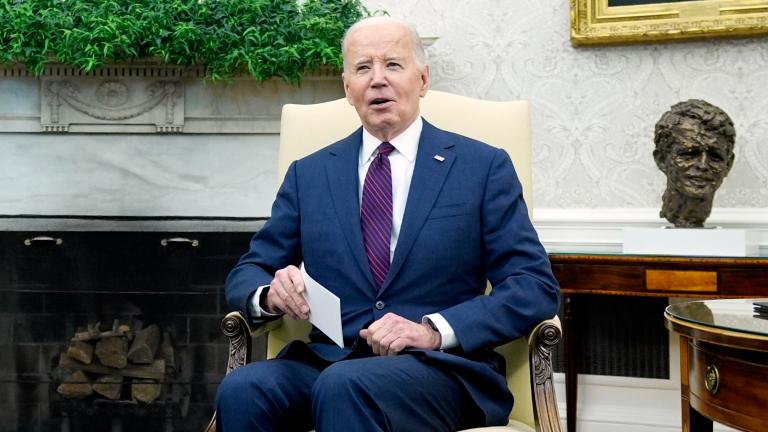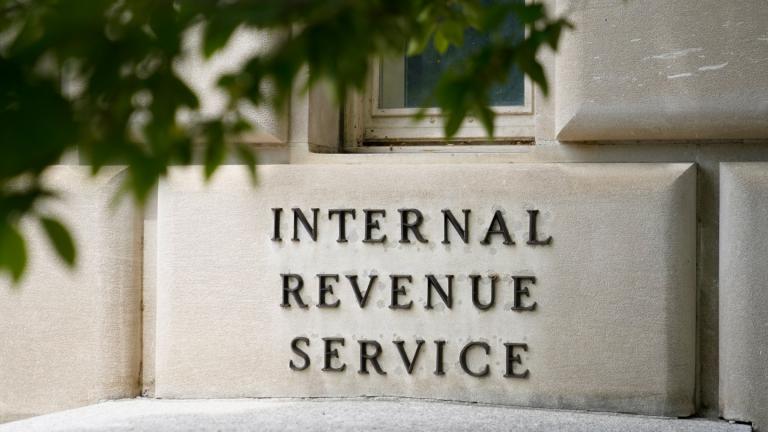Nasir Zakaria was forced fo flee his homeland of Myanmar, first traveling to Bangladesh, Thailand and Malaysia, before finding new life in Chicago as a refugee.
“In Chicago, life is amazing. We are free,” he says.
Zakir heads up the Rohingya Culture Center in West Rogers Park, a gathering place for the more than 1,500 Rohingya refugees living in Chicago. Those refugees include students at Sullivan High School, who we met three years ago. They told us horror stories of their escape from Myanmar.
“They burned our house,” a student named Hasan told us. “They killing Muslim people.”
Rohingya have been rendered stateless, with nearly 1 million forced out of their home country and into refugee camps around the world. Now, Chicago’s Rohingya residents are on edge again. Myanmar’s democratically elected President Aung San Suu Kyi was arrested and thrown in jail by the country’s military on Feb. 1, and the military has seized control of the country.
“We very sad and very concerned about the future of Burma, most especially for innocent people,” Nasir told WTTW News.
Suu Kyi served as president since 2015 after spending years in detention, winning a Nobel Peace Prize in 1991 for her efforts to restore democracy in the country. But Cecile Shea, Chicago Council on Global Affairs senior fellow, says Suu Kyi’s tenure was marred by a power-sharing agreement she struck with corrupt military rulers.
“The military has behaved in a way I can only describe as psychopathic, engaged in the worst genocide the world has seen,” Shea said.
Zakaria says the Rohingya supported Suu Kyi but were disappointed with her because she failed to stop the persecution and genocide of his people, even failing to acknowledge that genocide was occurring.
 Nasir Zakaria (WTTW News)
Nasir Zakaria (WTTW News)
But Zakaria says the military rulers are far more dangerous, and that he fears for his family remaining in the country. He has trouble communicating with them because of internet and phone blackouts.
“They don’t have any connection, they cut phone line, so sometimes very difficult to communication with people … any time, they will arrest people without reason,” Zakaria said.
And the danger is heightened as mass protests have swelled and military leaders have promised a violent crackdown.
“I think every person living in Myanmar and Burma is in danger right now,” Shea said. “I think you’re going to see them rearm quickly and another civil war break out throughout the country.”
Zakaria says the recent U.S. presidential election was a landmark because it was the first democratic election many Rohingya have voted in. He says he wants President Joe Biden to follow the UN and formally declare the killing and persecution of Rohingya as a genocide.
“President Joe Biden can take action immediately because of ongoing genocide in Burma, also more sanction of military regime. President Joe Biden have to declare ongoing genocide in Burma,” he said.
Biden has condemned the coup but has not offered specifics yet on a response.
“We will work with our partners to support restoration of democracy and rule of law, and impose consequences on those responsible,” Biden said earlier this month.
But Shea says she believes Biden’s options on Myanmar might be limited.
“I do think strong sanctions against the military are in the offing, but whether that will be enough remains to be seen,” she said.
Follow Paris Schutz on Twitter: @paschutz








